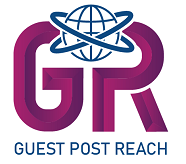Table of Contents
Defining the Role and Responsibilities of Hospital Administrators

Unearthing Essential Resources for Hospital Management

The Importance of Continuous Education and Networking For Hospital Administrators

Nurturing Communication Skills: A Fundamental Resource for Hospital Administrators


